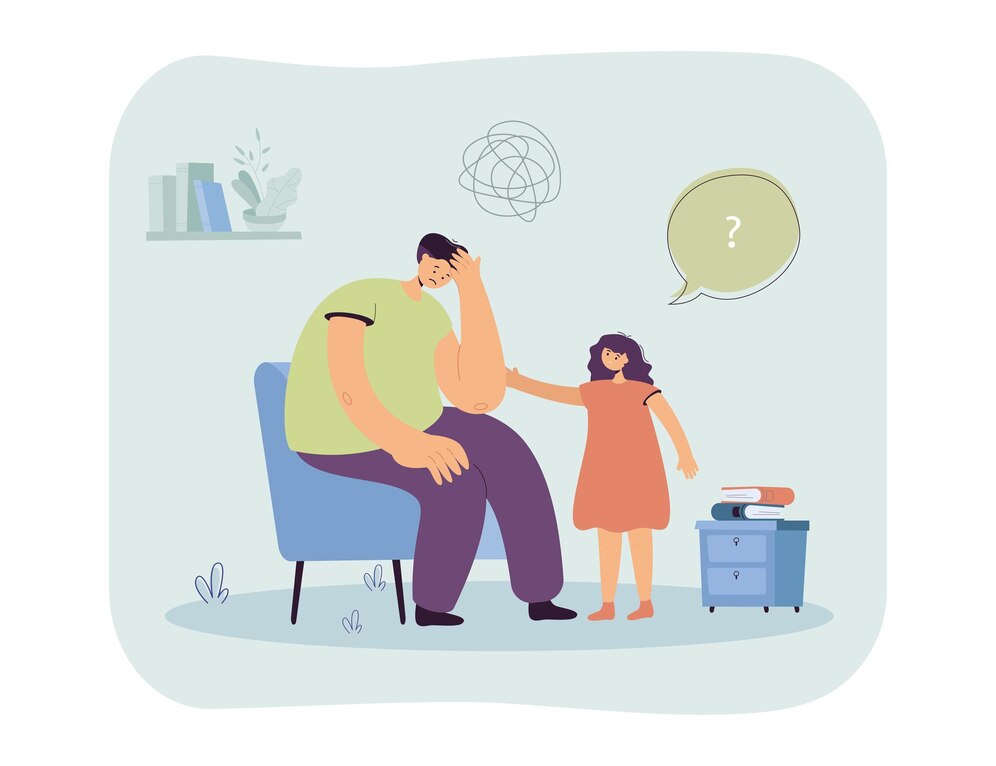
Understanding Depression in Children and Adolescents: Early Signs and Treatment Approaches
Depression isn’t just an adult issue; it can affect children and adolescents too. In this guide, we’ll explore the early signs of depression in young people and discuss effective treatment approaches in simple language suitable for all.
Recognizing Early Signs:
Depression in children and adolescents can manifest differently from adults. Look out for signs like persistent sadness, irritability, changes in sleep or appetite, withdrawal from activities, and difficulty concentrating.
Impact on School and Social Life:
Depression can significantly impact a child’s performance at school and their ability to socialize with peers. They may struggle academically, show disinterest in activities they once enjoyed, or have trouble making and maintaining friendships.
Importance of Communication:
Open communication with your child is crucial. Encourage them to express their feelings and listen without judgment. Create a safe and supportive environment where they feel comfortable discussing their emotions.
Seeking Professional Help:
If you suspect your child is struggling with depression, don’t hesitate to seek professional help. A pediatrician, therapist, or counselor specializing in child and adolescent mental health can provide a proper evaluation and recommend appropriate treatment.
Treatment Approaches:
Treatment for depression in children and adolescents often involves a combination of therapy and, in some cases, medication. Cognitive-behavioral therapy (CBT) is commonly used to help children and teens learn coping skills and challenge negative thought patterns.
Supportive Environment:
Creating a supportive and understanding environment at home is essential for a child’s recovery. Offer encouragement, praise their efforts, and be patient as they navigate through their emotions. Family therapy may also be beneficial in addressing family dynamics and improving communication.
Encouraging Healthy Habits:
Encourage your child to engage in activities they enjoy and prioritize healthy habits like regular exercise, a balanced diet, and sufficient sleep. These lifestyle factors play a significant role in managing depression symptoms.
Conclusion:
Depression in children and adolescents is a serious issue that requires attention and support. By recognizing early signs, communicating openly, seeking professional help, and providing a supportive environment, you can help your child navigate through their struggles and work towards recovery.
To seek medical advice, always consult a Doctor. Here are our recommended experts. Click here
To read more on Neurology. Click Here



